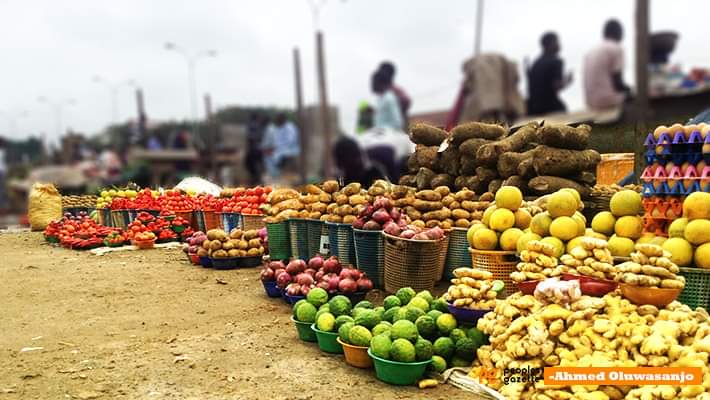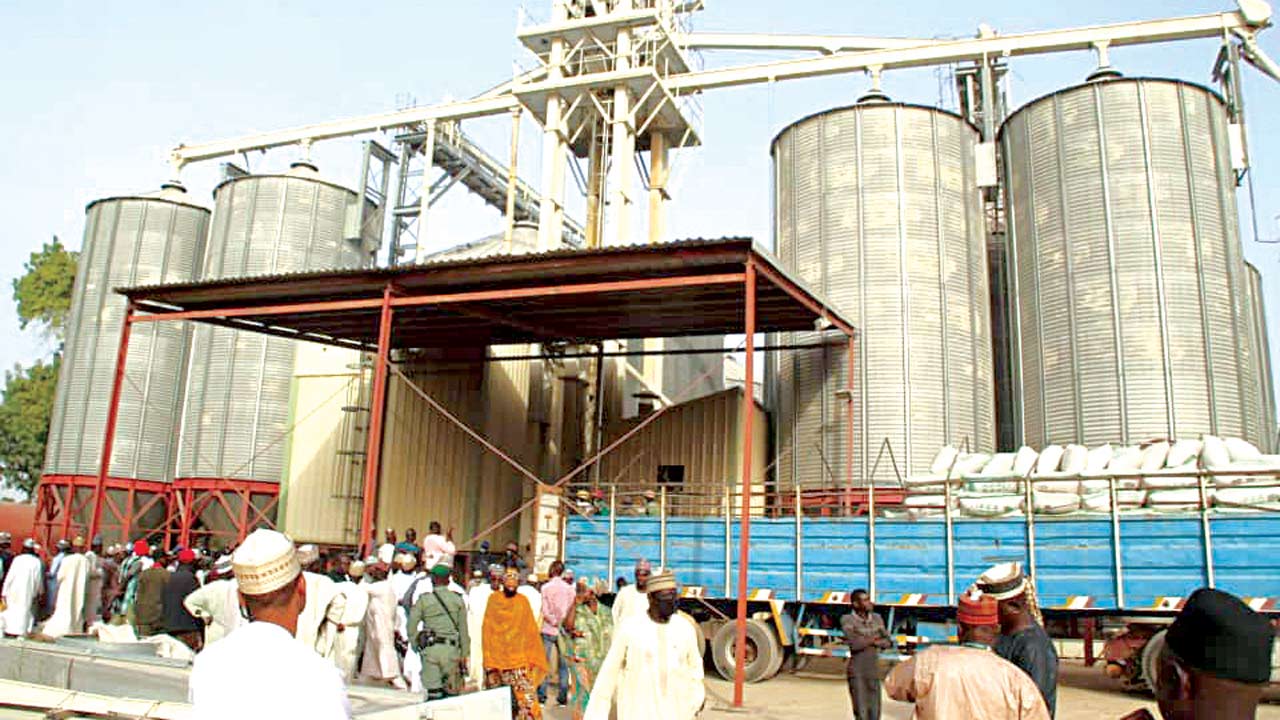The Minister of Agriculture and Food Security, Senator Abubakar Kyari, in an appeal during the visit of the United Nations Deputy Secretary-General, Dr Amina Mohammed, to Nigeria recently called for a more robust partnership with the United Nations to achieve sustainable agricultural development and food security.
Kyari, who spoke at the partnership meeting emphasised the need to boost food security given the country’s large population and the growing demand for food security. The minister also acknowledged the longstanding cooperation between Nigeria and various UN organisations, including the Food and Agriculture Organisation, FAO, International Fund for Agricultural Development, IFAD, and the United Nations Development Programme, UNDP.
The minister said, “As you know, with our large population and growing demand for food security, Nigeria’s partnership with the United Nations is critical to meet the attendant huge consumption demand in the immediate and long-term plan of action. Nigeria has been working with these International partners and paying statutory contributions and counterpart funds to FAO, IFAD, UNDP, UNIDO, ILO, WFP, IOM, among others to increase food production, and encourage multilateral institutions to support the Nigerian food system resilience with sustainable interventions in the agriculture sector.”
Speaking further Kyari said the ministry would appreciate further support on the Value Chain Development Programme, Value Chain North targeted at increasing food production in the northern part of Nigeria,” he said,
He highlighted the importance of projects like the Livelihood Improvement Family Enterprises Project – Niger Delta, which focuses on enhancing income, food security, and job creation for rural youth and women through agribusiness development.
On her part, Mohammed highlighted the critical situation facing the country, noting that the crisis in Nigeria is exacerbated by multiple factors, including domestic challenges and global disruptions.
“We are looking at those that are affected most, and food security is it, smallholder farmers that have been displaced. What we are doing from the UN is to help with that planning so that we can continue to support the displacement while we are trying to solve the security issues in the country in the same manner,” she added.
The food security crisis in Nigeria has been intensified by rising commodity prices, making it increasingly difficult for many Nigerians to afford necessities.
Mohammed acknowledged the complexity of the situation, noting that resolving it would require time and resources, “It is not easy; it will not happen overnight. There are many interests that have to be resolved, as you see all over the continent”.












